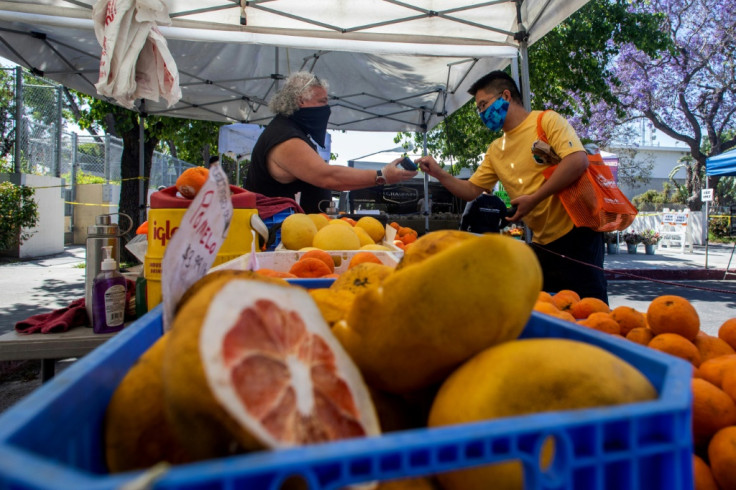Apple Pay and contactless payments set to surpass cash in stores by 2023
A survey has revealed a major shift in payment preferences, indicating that Apple Pay and Contactless Payments will soon overtake cash payments in physical stores, with 87 per cent of face-to-face payments in the UK in 2022 being contactless.

A major shift is occurring in the way UK consumers choose to pay for their products. Traditional payment methods are gradually giving way to a new era of seamless, contactless transactions as innovative technologies and mobile payment choices such as Apple Pay and contactless payments gain popularity.
As consumers in the United Kingdom embrace the ease, security and speed provided by these payment technologies, the country is fast moving into a contactless-first economy, signifying a significant shift in the way we manage financial transactions.
A recent survey of over 1,000 UK consumers has revealed a seismic shift in payment preferences. The research indicates that Apple Pay and contactless payments are set to overtake cash payments in physical stores by 2023. This trend reflects the UK's rapid change into a contactless-first economy, outpacing other countries in embracing the convenience and security of mobile payments.
The survey's findings were backed by a Lloyds Bank analysis from 2022, which showed that an impressive 87 per cent of face-to-face payments in the UK were already contactless, a significant increase from 65 per cent in 2019. In comparison, the use of contactless payments in the United States stood at only 45 per cent, highlighting the UK's lead in adopting this technology.
Convenience emerged as the most crucial factor driving the preference for mobile payments among the respondents, with 42 per cent citing it as the primary reason for their choice. Moreover, 23 per cent noted that mobile payments were widely accepted, making them a convenient option.
Interestingly, 19 per cent of respondents stated that they no longer carry cash when going out, while 11 per cent believed that Apple Pay and contactless payments were the safest methods. Additionally, three per cent admitted to forgetting their PINs, further supporting the appeal of contactless options.
The survey underscored that contactless payments are by far the most popular option in the UK, with mobile payments like Apple Pay coming in second, while cash ranked third. An astonishing one-third of the population admitted to never carrying cash, and more than half were discouraged from purchasing at cash-only establishments.
Jodie Wilkinson, Head of Strategic Partnerships at takepayments, emphasised that the data indicated a clear majority of customers favour contactless payment methods, whether through physical cards or digital wallets, in their shopping experiences. She noted that small businesses that fail to meet these evolving demands may face challenges, as cash-free customers may take their business elsewhere.
Wilkinson pointed out that younger consumers are leading the charge in mobile payment adoption, with 30 per cent of 18 to 24-year-olds stating mobile payments were their preferred method, in contrast to only five per cent of those over 55.
The rise of contactless payments, including Apple Pay, has been extraordinary, experiencing a 596 per cent increase in colleges and institutions between 2021 and 2022. Experts predict that digital wallet payments will command 21 per cent of the UK market share by 2026, according to FIS.
The introduction of Apple Tap to Pay further solidifies the UK's reputation as a progressive economy in terms of payment technology, according to Wilkinson, highlighting the increasing interest fintech providers have in the country.
The survey also revealed regional preferences, with Scotland leading the pack, as nearly two-thirds (63%) of Scottish respondents favoured contactless payments. In contrast, Wales appeared the least enthusiastic about contactless, with only one-third (33%) choosing it as their preferred payment method.
Interestingly, Scottish consumers have long embraced technologically advanced payment methods, with a 2019 survey showing they used contactless and mobile payments more frequently than their English counterparts.
Additionally, Londoners ranked relatively low in terms of contactless payments, showing less preference for it compared to other regions in England. A 2021 research by Post Office and YouGov indicated that the majority of Londoners (71%) viewed cash as an essential consumer right, and over half (55%) expressed concerns about local bank closures.
© Copyright IBTimes 2025. All rights reserved.






















